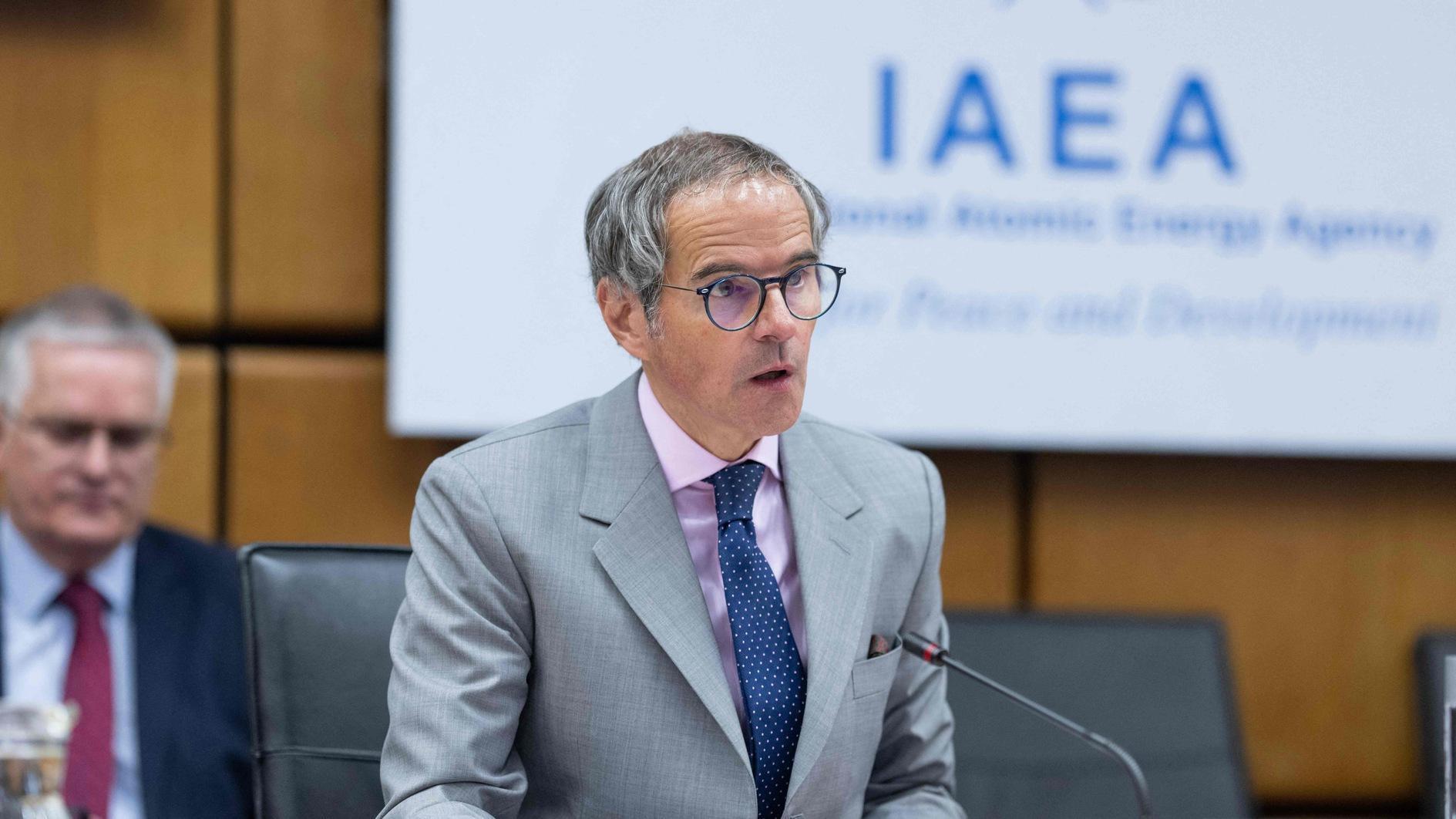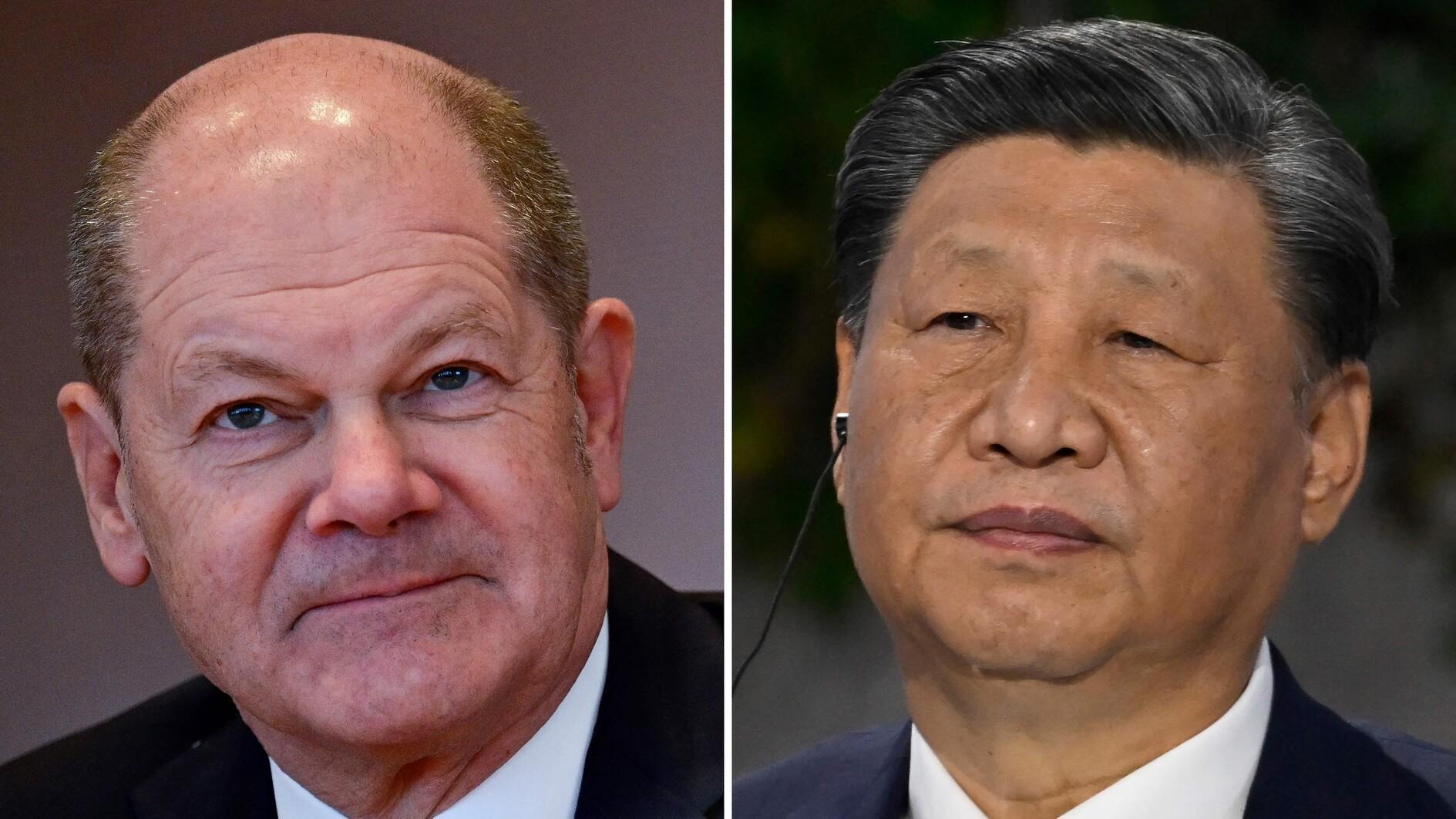Will Obama use the word ‘genocide,’ like the Pope?
In his Sunday Mass at the Vatican on April 12, Pope Francis referred to the mass killings during the deportation of Ottoman Armenians in World War I as “widely considered ‘the first genocide of the 20th century.’”
The media reported it as if he was denouncing the major human tragedy himself as genocide, and as if it was the first time a pope was saying this. That was perhaps because the Mass came just 12 days before the centennial commemoration of the “Talaat Pasha telegram” of April 24, which gave instructions for the deportations, in Yerevan. The commemoration will be hosted by Armenian President Serzh Sargsyan, who was present at the Vatican on Sunday.
Pope Francis was actually citing a statement signed by John Paul II and the Armenian patriarch Kerakin in 2000.
A well-known Catholic site, Cruxnow.com, had signaled that Francis would not make a direct denunciation himself, despite possible disappointment for Armenians, in order to not further antagonize inter-religious tensions and the delicate political situation in the Middle East.
“Francis finds himself caught between two imperatives,” Inés San Martín, the Crux Vatican correspondent, had written on April 9 following a meeting between the Pope and Armenian bishops. “Recognizing the calamity that befell Turkey’s Armenian minority a century ago as a harbinger of today’s anti-Christian persecution in the Middle East, without alienating a nation recognized as one of the best hopes for moderation across the Islamic world.”
Pope Francis had visited Turkish President Tayyip Erdoğan on Nov. 28, 2014 in Ankara, while he was in Turkey to meet Greek Orthodox Patriarch Bartholomew on Nov. 30, 2014 in Istanbul - a meeting that brought the Catholic and Orthodox churches closer together. As a papal spokesman had said after the meeting, Francis and Erdoğan talked about issues including “terrorism, xenophobia, Christianophobia and Islamophobia.”
The references to persecution and terrorism are especially important following the recent rise in violence against Christian populations by al-Qaeda and the Islamic State on Iraq and the Levant (ISIL), some of them just across the Turkish border.
Yerevan gives historical importance to the commemoration. Sargsyan has invited world leaders to Yerevan on April 24, including Erdoğan. In return, Erdoğan invited world leaders, including Sargsyan, to Çanakkale for the centennial commemoration of the Gallipoli War, during which a failing Turkish army (with German allies) had won a major victory against British, French and Anzac forces. Sargsyan turned the invitation down strongly.
The Turkish Republic, which was established in 1923 after a war fought against the invading forces - British, French, Greek, Italian, Armenian and Georgian - (and which was also against the government of the Ottoman Empire), refuses to call the tragedies of 1915 a genocide against its Armenian population. Ankara says there was already a ruthless war going on at the time, during and before which many Muslims of Turkish and Kurdish origin were themselves killed by Armenian forces, who had been collaborating with invading Russian and French forces before and during World War I.
Ankara’s strong answer to Pope Francis shows that Prime Minister Ahmet Davutoğlu is not going to demonstrate a stance very different from that of former Turkish governments on the Armenian issue.
There are a number of countries that have recognized the 1915 atrocities as genocide, but the real aim of Armenia and the Armenian diaspora around the world is to make the United State recognize it formally, not only because of its political and psychological effect, but also because of its legal consequences, like reclaiming land and properties.
President Barack Obama, who had actually vowed for recognition, has been using the Armenian expression “Meds Yeghern” for the events, meaning the “Great Calamity.” He thus avoids using the word “genocide” in order to not cause legal consequences that could corner its NATO ally Turkey, possibly triggering adverse reactions from Ankara. Those reactions could escalate to freezing military cooperation, which ranges from the use of the strategic air base of İncirlik, a strategic anti-missile early warning radar that monitors Russian and Iranian activities, and cooperation on the fragile situations in Iraq, Syria and elsewhere in the Middle East.
Obama’s evasion of the word genocide has similarities to the evasion of Pope Francis. Obama and Francis both find an exit by citing their predecessors: Francis cited John Paul and Obama has cited George W. Bush.
Recently, Obama has been taking a number of historical steps that indicate shifts in U.S. foreign policy, such as the ones with Iran and Cuba. Will that include calling the 1915 calamities “genocide,” regardless of the political consequences? Or will he stick with the line he has been following for the last seven years, in order to avoid worsening the situation not only in the Middle East, but also in the Caucasus and the Black Sea, where a major crisis is ongoing with Russia over Ukraine? We will all learn the answer to that in two weeks’ time.











